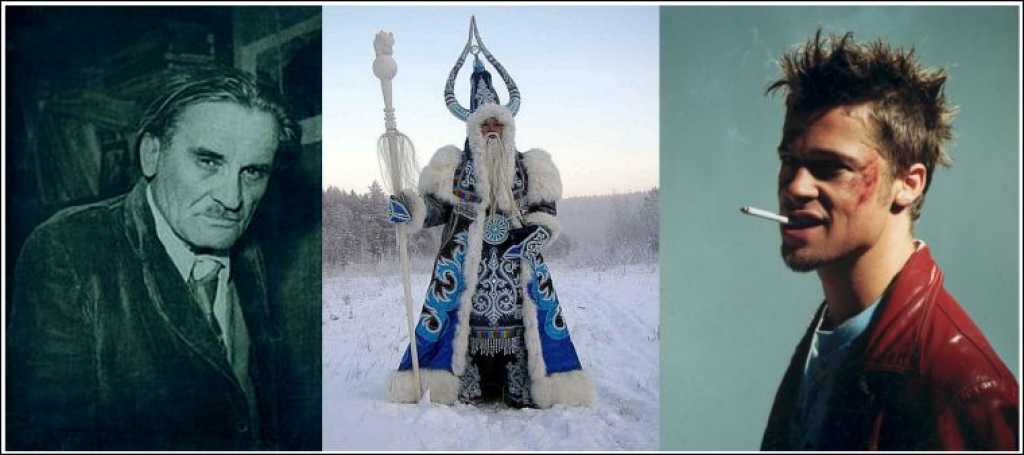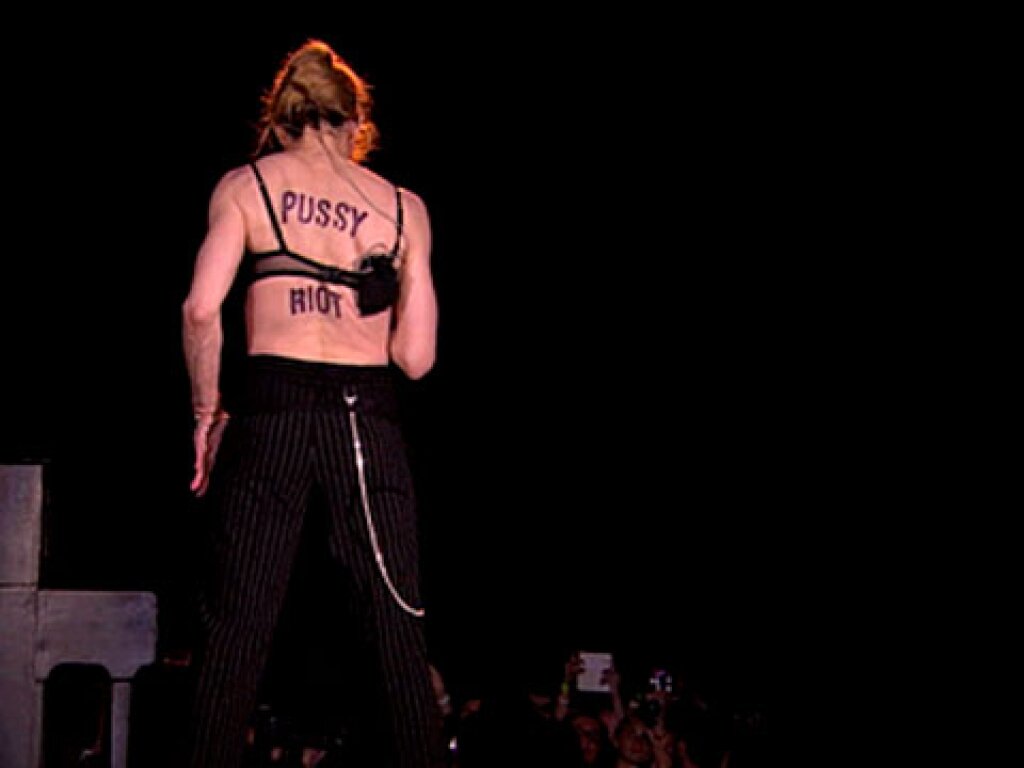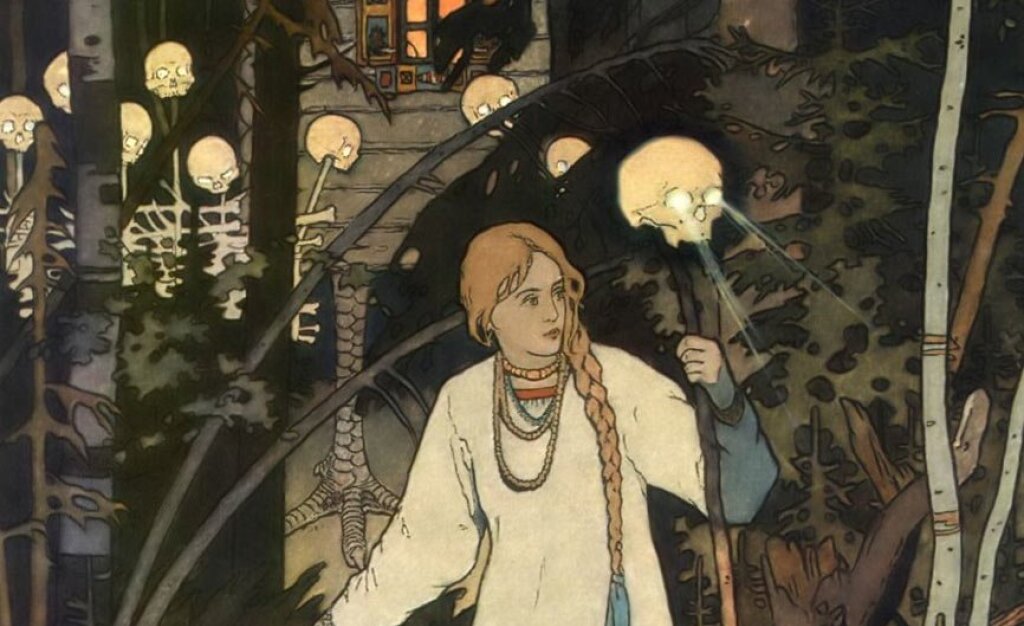The other day a friend and I went shopping for snacks in the local Russian food store. While picking up my monthly ration of horseradish, pickled beets and sour-sweet carrots, we started discussing hipster culture and how hipsters relate to Christmas. (We still do not know if we are hipsters ourselves. If you are, will someone tell you? Or is it rude to point out that someone is?). Going back and forth on the hipster Christmas issue, and whether Christmas is too emotional or simply plain old cynical, we also posed the question: Is Santa a hero?
Indeed, it is not easy to judge whether there is too much or too little emotion in this world. Watching an episode of “Jersey Shore” or skimming through the Twilight-saga might be examples of the first, while world politics and the never ending focus on material and economic growth might be symptoms of the latter. At the same time, the definition of “hero” is getting harder and harder to pinpoint. I asked my friend to mention a modern hero (since he was not too convinced about Santa’s heroism). After minutes of monological discussion, he chose Blake Mycoskie of “TOMS” while I, when the question was returned, picked Malala Yousafzai. Thus, although defenders of hardcore masculine heroism are probably not to die out any time soon, heroism does seem to be changing. Perhaps the issue of emotions has got something to do with it.
Confession: My philosophical outburst in the grocery store does have an intellectual background, as I recently revisited Yuri Olesha’s novel Envy. Although written in 1927, I think it can be read as an indirect comment on the questions of heroism and emotion. In Olesha’s novel we meet the twenty seven year old Nikolai Kavalerov, a semi intellectual with a weakness for stronger substances. Although not taking the comparison too far, Kavalerov can well be seen in relation to Dostoevsky's Underground Man, as they share the same grandiose ideas about themselves, and the contempt for others. Having been kicked out from a bar after drinking too much, Kavalerov finds himself in the gutter. He is by coincidence picked up by sausage-maker and director of the Soviet Food Industry Trust, Andrei Babichev, who takes pity on him, lets Nikolai sleep on his couch, and even offers him a job. Interestingly enough, Kavalerov is not the first person Andrei gives shelter. The handsome young athlete Volodya Makarov usually rests where Nikolai now is residing, and Andrei is clear on the fact that as soon as Volodya is back, Nikolai has to give up the couch.
Another crucial character in the story is Ivan, Andrei’s brother. Unlike Andrei, Ivan has not followed a career in the official Soviet system, but instead lives like an unsuccessful multi-artist. Ivan and Nikolai join forces, and through scheming and planning, and with the help of Ivan’s wonder-machine appropriately named “Ophelia”, the two anti-heroes set out to destroy both Andrei’s and Volodya’s happiness.
Nikolai and Ivan bond on their shared despise of the new era. Although Ivan seems to be more politically conscious than Nikolai, Nikolai buys into Ivan’s thoughts because they give him a good reason to defend his hatred toward Andrei, whom he blames for his sufferings. Ivan is convinced that the revolutionary era is killing people’s emotions, making them mere consumers without any authentic character. This is well combined with Nikolai’s individualism, which in his opinion is being threatened by the existence of model Soviet citizens. Early in the novel Nikolai utters a wish of having been born in the West, where he would have received the attention he deserves. Thinking that the new era only appreciates the individual who is “nothing”, Nikolai even argues that suicide is perhaps the only effective method left to show any proof of individuality. In Ivan’s philosophy, these ideas manifest themselves in what he calls “the struggle between the eras” or “the revenge of the emotions”. People with strong emotions are heroes of “the old world”, where jealousy, love, and ambition is not hidden from public view. Due to his severe envy of Andrei Babichev, Nikolai Kavalerov becomes the perfect heroic representative of the pre-revolutionary era.
While Ivan and Nikolai celebrate emotions and the pre-revolutionary period, Andrei and Volodya are doing the opposite. The new men of socialism should not be carried away by their emotions, although Andrei seems to be completely infatuated with the young Volodya: a spotless example of the socialist man. Andrei indeed fears being too “soft” for the new era, but in the end realizes that some emotions, like fatherly love, should not and will not disappear. However, industrialization, technology, and machinery will make petty emotions vanish, and secure the progress of history.
At the end of the novel, Ivan and Nikolai are portrayed as total losers, while new man Volodya gets the girl and society’s admiration. But Envy is not as obvious as one might think, especially not if one approaches it as a typical Soviet novel. Instead we are left with more questions than clear answers. Would it really be ideal if all petty emotions disappeared due to the wonders of industrialization? Is it even possible? And who is the real hero: the pathetic romantic with poetic language, or the soccer jock with shiny machinery?
The discussion of heroes and emotions reminds me of the 1999 movie adaptation of Chuck Palahniuk’s (someone please teach me how to pronounce his name) novel Fight Club, where Brad Pitt and Edward Norton are talking about what characters they would choose to fight. Their answers include a father, a boss, Ernest Hemingway, William Shatner, Abraham Lincoln, and Gandhi. During my second year of highschool I analyzed “Fight Club” for an English project, and tried to figure out why these specific characters were chosen. I cannot remember the answer I ended up with back then, and I am not entirely sure if there really is a deep and hidden reason behind it all. However, I cannot help but wonder if Pitt and Norton through their choices didn’t give both masculine heroism and emotional idealism a symbolical kick in the groin. I believe the same thing can be said about Yuri Olesha’s novel.
(And by the way: I vouched for khren and Ded Moroz. S Rozhdestvom!)



